What Is Holistic Financial Planning and Why It Matters Today
When most people think about financial planning, they picture spreadsheets, investment charts, or retirement calculators. However, holistic financial planning in Minnesota goes far beyond selecting the right portfolio or deciding when to take Social Security.
Think about it: your retirement could last 30 years or more today. That kind of longevity calls for more than a set-it-and-forget-it strategy. It requires a coordinated approach that addresses income, investment performance, taxes, healthcare, and legacy decisions, while staying flexible enough to evolve with both the expected and unexpected in your life. That’s the role of holistic financial planning.
Holistic planning examines your entire financial picture, not just isolated parts, on a piece-by-piece basis. It combines cash flow, debt, taxes, insurance, estate planning, investments, and the pursuit of personal goals into one cohesive strategy. Instead of focusing on one-off products or short-term outcomes, holistic planning helps you understand how each decision affects your other choices.
It’s also a continuous process, not a one-time event, designed with the goal of aligning your assets’ investments with your values, priorities, and life transitions over time.
At iWealth, we believe holistic planning isn’t just a service; it’s a mindset. Our team of Minnesota financial planners can help build a plan that allows you to stay grounded during uncertain times and make timely decisions when opportunities arise.
In our blog, we’ll examine three frequently searched questions about holistic financial planning.
Question #1: “Is it worth hiring a financial advisor for holistic planning?”
Many try to piece their financial situation together using online tools, podcasts, and spreadsheets. While DIY options can be helpful, they often fail to see the whole picture or anticipate how one decision can affect the rest of their financial strategy.
As the saying goes, “You don’t know what you don’t know.”
DIY Financial Planning
Pros:
- Lower cost: No fee for a financial professional
- Complete control: You make every decision on an unassisted basis
- Learning opportunity: Hands-on understanding of your finances
- Performance: Works in bull markets when everyone is making money
Cons:
- Time-intensive: Research, planning, and monitoring fall on you
- Easy to overlook details: Tax strategies, estate planning, and risk management often go unchecked
- No outside perspective: Emotions or bias can lead to costly mistakes
- Performance: May create an emotional response in down markets
Hiring a Fiduciary Financial Planning Team
Pros:
- Experienced guidance: A coordinated team covers investments, taxes, insurance, retirement, and estate planning
- Fiduciary duty: Advisors are legally required to act in your best interest.
- Time savings: Frees you to focus on life, not spreadsheets
- Ongoing support: Plans are reviewed and adjusted as life changes
Cons:
- Cost: Professional knowledge, advice, and services come with a fee
- Finding the right fit: Not all advisors offer the same value or approach
The bottom line: DIY can work for simple financial situations, but if your situation is more complex or you’re ready to outsource the day-to-day oversight of your wealth, consider working with a Minnesota fiduciary planning team that can bring discipline and strategy to your financial situation.
At iWealth, our role isn’t just about managing investments. It’s to help you think through all aspects of your financial life and make coordinated choices that support the pursuit of your short, intermediate, and long-term financial goals.
Watch our podcast on “The Power of Holistic Financial Planning.”
Question #2: What’s the Difference Between Holistic Planning and Traditional Financial Planning?
Traditional financial planning focuses on one or two areas, like investment returns during working, transitional, or retirement. It’s often transactional, based on singular decisions like buying life insurance or making buy/sell decisions for your IRA.
Holistic planning goes much deeper. It explores the reasons behind your goals and takes a thoughtful, strategic approach to pursuing them. It’s more relational than transactional, and more about long-term direction than day-to-day decisions.
For example, a traditional planner might help you choose the right mutual fund. A holistic planner will ask how that fund fits into your broader tax picture, cash flow needs, and legacy goals.
Here’s a hypothetical example to illustrate this point (1):
Julie, a 58-year-old marketing executive in Mankato, first meets with a financial advisor from a bank who recommends mutual funds based on her risk tolerance and investment preferences. The advice is reasonable but focuses solely on market performance and long-term growth.
Later, she sits down with an iWealth holistic financial planner. This time, the conversation goes beyond returns. They ask thoughtful questions like:
- Will this investment generate taxable income to push you into a higher bracket next year?
- How does this fund support your plan to semi-retire at 62 and draw from other accounts?
- Should these assets stay liquid if you want to help your kids with a down payment, or should you eventually pass them on?
That deeper discussion leads Julie to adopt a more thoughtful strategy that incorporates tax-efficient fund placement, an income timeline tailored to her semi-retirement, and estate planning decisions that reflect her values.
The investments may look similar on paper, but the approach is entirely different when the whole picture is considered.
iWealth Recommendation: If your current financial plan is just a binder that hasn’t been opened since your last review, it might be time to explore a more comprehensive approach to your financial well-being.
Question #3: How Often Should I Review My Financial Plan?
A financial plan shouldn’t be static. As life moves through different phases—career growth, family changes, retirement—your plan should evolve with it. At a minimum, reviewing your plan once a year makes sense, but certain life events or financial shifts may call for more frequent updates.
Annual Review: A Must-Have: Every year, you should sit down with your financial advisor (or on your own, if you’re managing financial affairs yourself) to revisit your plan. This gives you a chance to:
Reassess Your Goals and Timelines
- Update income and expenses
- Adjust investments based on market performance or risk tolerance
- Review tax strategies, contributions, and required distributions
- Ensure estate planning documents and insurance coverage are current
Think of it like an annual check-up for your financial health.
Life Events That Call for an Immediate Review: Beyond your yearly review, certain life events should immediately trigger an update. These can include:
- Marriage or divorce
- Birth or adoption of a child or grandchild
- Job changes, raises, bonuses, or business transitions
- Inheritance or major windfall
- Buying or selling a home (first or second)
- Retirement or approaching retirement
- Health concerns or major healthcare expenses
- Death of a spouse or other significant change in family dynamics
Each event can significantly impact your income, tax picture, insurance needs, or legacy plans, and your financial strategy should change with your needs.
- Regulatory and Market Changes are Unpredictable: Sometimes, it’s not your life that changes but the rules that affect it. Tax law changes, updates to Social Security, changes in Required Minimum Distribution (RMD) ages, or market volatility may call for strategic updates to your plan.
A proactive financial advisor in Minnesota should reach out regularly to inform you about events that could impact your financial well-being. When something changes, there’s a good chance your plan will need to be adjusted.
The iWealth Difference
At iWealth, holistic planning isn’t just something we discuss; it’s the foundation for our client services. Our entire financial planning and wealth management process is built on creating authentic relationships, ongoing collaboration, and clear communications that make a difference in our clients’ lives.
We don’t chase the latest headlines. We focus on what matters to you, and help organize your financial life so your financial picture is aligned with your goals.
Here’s why:
iWealth brings together skilled financial planners, CPA’s, lawyers, insurance agents and other various retirement specialists who work together to tackle all areas of your financial life.
We service clients throughout Minnesota, as well as many other states.
- You benefit from a comprehensive strategy that includes cash flow planning, tax efficiency, estate guidance, and investment oversight.
- Your plan is crafted around your real-life goals, including college, retirement, legacy, or major purchases, and is updated as your life evolves. It’s far more meaningful than off-the-shelf plans.
- As fiduciaries in advisory relationships, our team of Minnesota-based wealth advisors is legally required to act in your best interest. You’ll receive clear guidance without sales pitches, hidden fees, or other potential conflicts of interest. Cost structures and services have been fully transparent since the beginning of our relationship.
- We help you stay on track with regular check-ins, proactive adjustments for life changes, and timely guidance on market volatility or changes in the tax code.
If you want a financial planner who sees the whole picture, communicates clearly, and adapts with you over time, consider partnering with iWealth. Let’s start a conversation.
Disclosure:
1. This is a hypothetical example and is not representative of any specific investment. Your results may vary.
2. Content in this material is for general information only and not intended to provide specific advice or recommendations for any individual.
3. No strategy assures success.
Explore More
The Evolution of Investment Strategy From Accumulation to Preservation
Generational Wealth Planning Retirement Planning
Financial Life Lessons from Our Player of the Game Athletes
Holistic Financial Planning Giving Back
What Retirement Plan Fits My Business
Strategic Business Planning Retirement Planning






